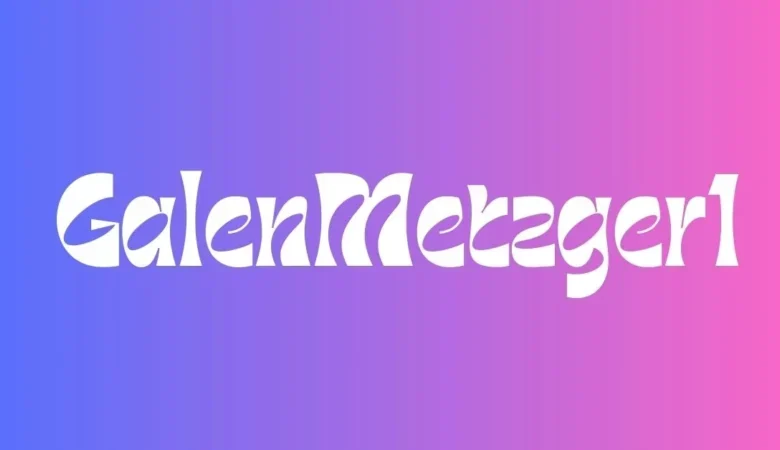GalenMetzger1: Perspectives on Historical Analogies and Issues

In the dynamic realm of social media, voices like GalenMetzger1 emerge, offering unique insights and thought provoking perspectives. In this article, we explore Galen Metzger1’s recent Twitter posts, delving into the nuances of historical analogies, geopolitical strategies, and reflections on past global conflicts.
Galen Metzger1: A Twitter Presence
GalenMetzger1, as evident from his Twitter handle @GalenMetzger1, engages in lively discussions on various topics. With intriguing emojis accompanying his tweets, he captivates his audience, fostering conversations on historical events, political dynamics, and global affairs.
Analyzing Galen Metzger1’s Tweets
1. Historical Analogies: LendLease and Contemporary Ukraine Aid
In a recent tweet, Galen Metzger1 draws a historical parallel between the current situation involving Trump and Ukraine aid and a hypothetical scenario during Roosevelt’s presidency. He vividly compares the potential obstruction by Herbert Hoover to the challenges faced by Roosevelt in securing lendlease through Congress in 1940. This analogy brings attention to the complexities of foreign aid and political maneuvering.
2. Geopolitical Strategies: Advocating Regime Change
GalenMetzger1 expresses a bold stance on the geopolitical stage, suggesting that the U.S. should pursue a policy of regime change in Moscow instead of opting for appeasement or maintaining a balance of power. Drawing a link to the fall of the USSR after the pursuit of a similar strategy, he challenges the notion of passive diplomacy.
3. EarthTwo Scenarios: Imagining a Bernie Sanders Presidency
In a speculative tweet, GalenMetzger1 engages in a hypothetical scenario where Bernie Sanders won the 2020 election. He outlines potential challenges Sanders might face, including political and international issues, challenging the assumptions and narratives surrounding alternate political outcomes.
4. Causes of World War Two: Debunking Historical Misconceptions
In another tweet, Galen Metzger1 presents his perspective on the causes of World War Two, emphasizing factors such as fascism, Hitler, nationalism, and electoral systems. Notably, he dismisses the common misconception that the Treaty of Versailles being too harsh on Germany was a direct cause. Adding a historical context to the conversation.
5. Reflections on World Wars: A Playful Observation
In a more lighthearted tweet, Galen Metzger1 takes a moment to reflect on the nomenclature of “World War 1” and “World War 2,”. Injecting a touch of humor into historical discussions.
Key Themes and Takeaways
Historical Analogies in Modern Contexts: Galen Metzger1 employs historical parallels to shed light on contemporary issues, emphasizing the relevance of past events to current geopolitical challenges.
Geopolitical Stances and Advocacy: Through tweets advocating regime change and critiquing appeasement, Galen Metzger1 showcases a proactive approach to global affairs. Challenging conventional diplomatic strategies.
Hypothetical Scenarios and Political Speculation: The exploration of alternate scenarios, such as a Bernie Sanders presidency. Offers a glimpse into Galen Metzger1’s analytical approach to political dynamics.
Debunking Historical Misconceptions: Galen Metzger1 addresses historical misconceptions, providing a nuanced understanding of the causes behind significant historical events.
Instagram Post Integration
To further engage with Galen Metzger1’s insights, visit his Instagram profile [here](https://www.instagram.com/GalenMetzger1), where visual elements complement his Twitter discussions. The integration of Instagram into this narrative enhances the overall exploration of Galen Metzger1’s perspectives.
In conclusion
Galen Metzger1’s Twitter presence provides a thoughtprovoking journey through historical analogies, geopolitical strategies, and speculative scenarios. By unraveling the layers of his tweets. We gain valuable insights into the complexities of historical events and their implications for contemporary global affairs.




